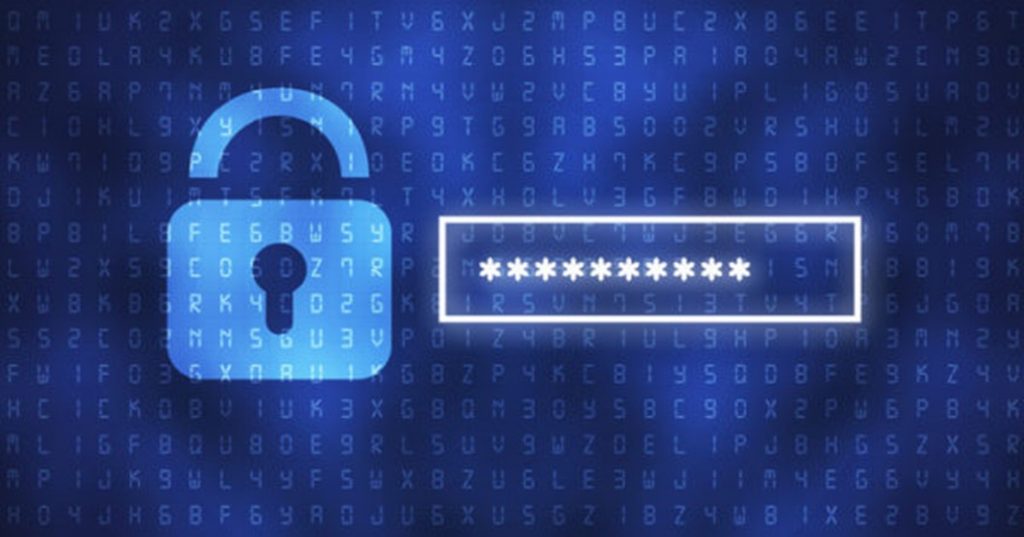
It may be a pain to come up with a new password for each site and application you use, but having a strong password can mean all the difference in securing your account. In hopes of helping keep your accounts secure, this article includes a few helpful tips.
Often, advice about creating a strong password is pretty much the same: the longer the better; use a mix of letters, numbers and symbols to make it complex; avoid using personal information; and don’t use a word found in the dictionary.
Password complexity has typically been favored over length, but cyber criminals figured out that shorter passwords are easier to hack, even if a few letters are substituted by similar numbers or characters. The trick is to create a long and complex password that can withstand a variety of hacking attempts.
Strong Password Do’s
- Make It Memorable. Long, complex passwords are the most secure but they’re often hard to remember. Think of an easy-to-remember phrase or piece of information, and replace letters with similar characters or symbols. You could even take that phrase and make it an acronym before substituting symbols. For example, “I went to JFK High in 1975” can become “!WtJFKh1gh@I_75” or something similar.
- Use Different Passwords. If a hacker obtains your password, the first thing they’ll do is check whether that password works for other websites. It only takes one compromised login to put all of your other accounts with the same password at risk.
- Use a Password Manager. A password manager—like LastPass, Dashlane, – is an app that saves login credentials for different sites, then automatically logs you in the next time you visit. Some may also generate unique, complicated passwords.
Strong Password Don’ts
- Use Dictionary Words. Hackers can use a list of every word in the dictionary (or multiple dictionaries) to use against a password database. Luckily, strong passwords aren’t usually vulnerable to this kind of attack.
- Use Common Passwords. Common passwords and generic sequences like password, admin, 123456, qwerty, etc. are also discouraged because they’re easily hacked.
- Use Personal Information. It’s simple to remember names, phone numbers, birthdays, etc., but that kind of information is easy for a hacker to find using social media and other methods.
- Write It Down. If someone finds your password, they could do a number of things with your account. This is especially a problem with banking and email passwords.

